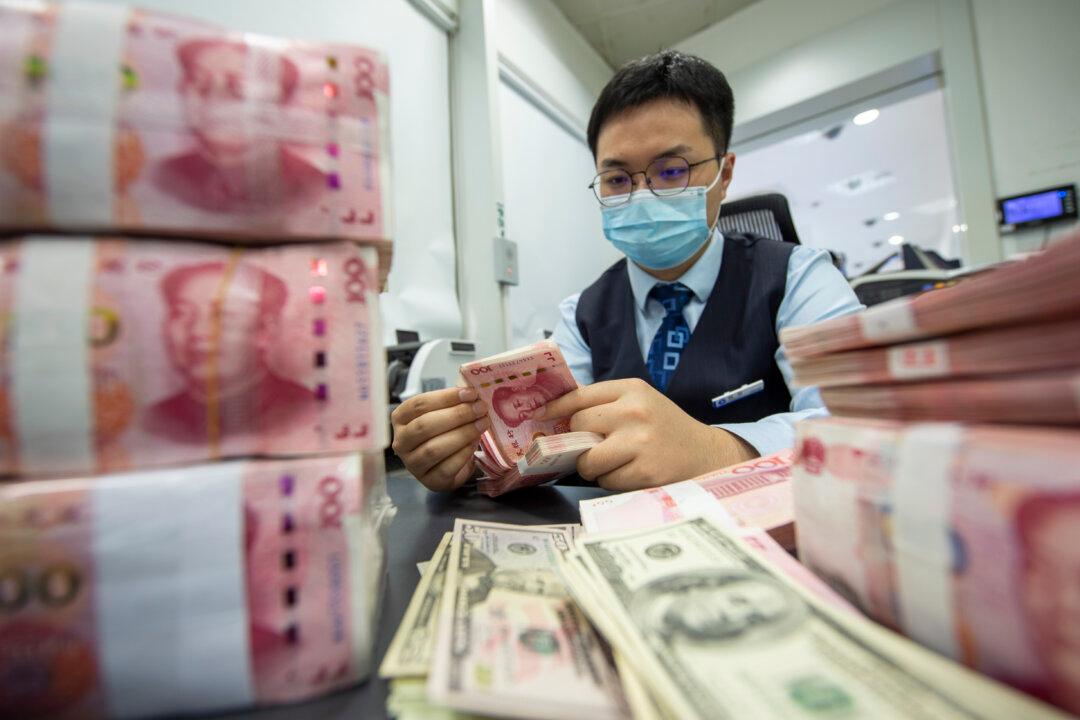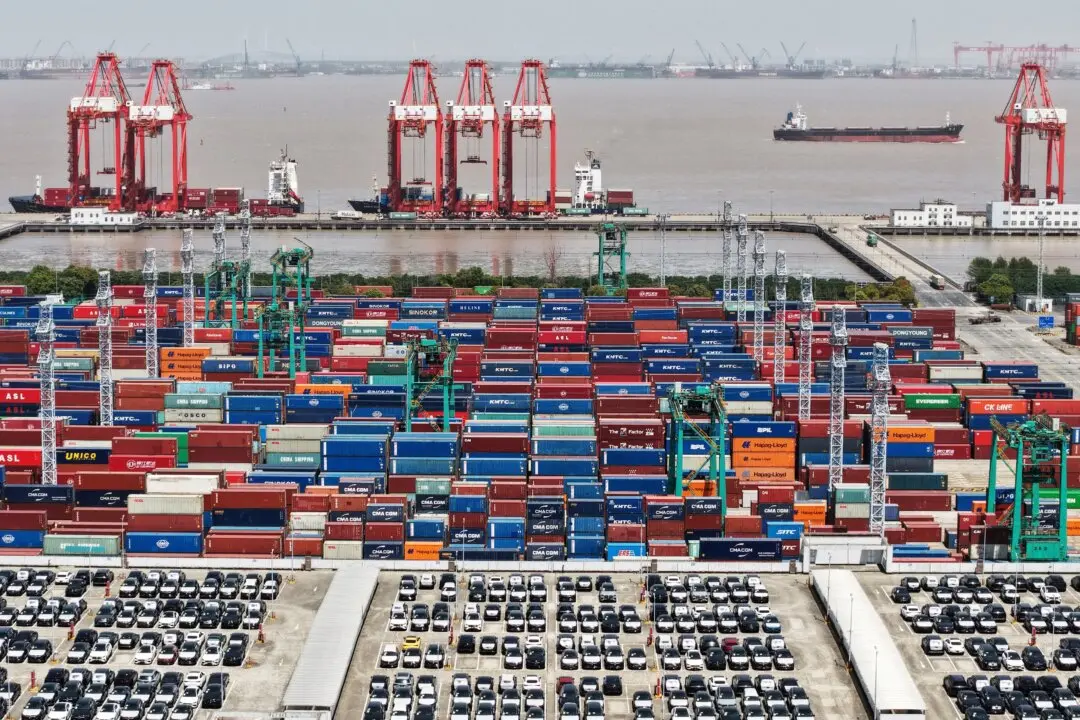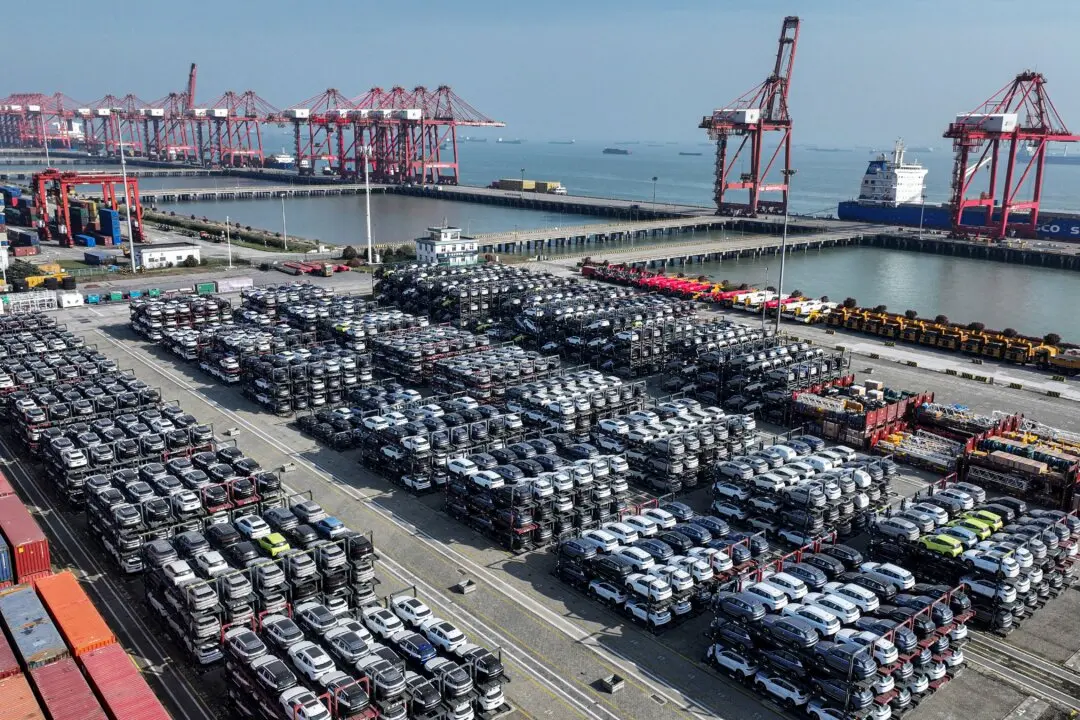Commentary
China’s yuan has slid against the dollar. Three things account for this: 1) interest rates in the United States and elsewhere are rising while rates in China are declining; 2) although all economies are slowing and indeed seem on the verge of recession, China’s economic and financial problems seem more fundamental and present greater uncertainties; 3) geopolitical troubles—especially in Europe but also in Asia—are driving money into the relative safety of the dollar. All these pressures seem set to persist and weigh on the yuan. In the process, China’s economy will become more export-dependent than ever—not at all what Chinese leader Xi Jinping wants.





